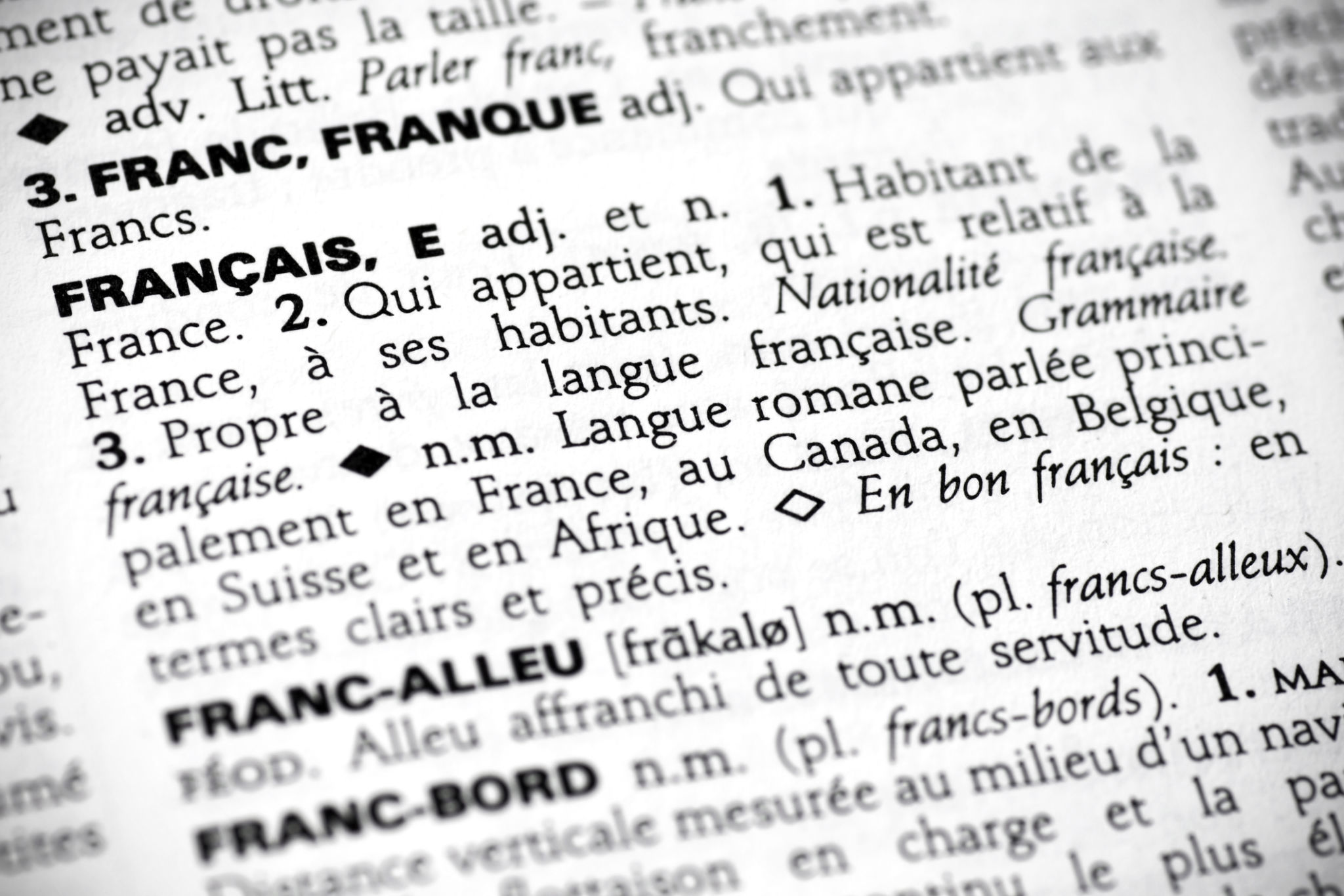Mastering French Vocabulary: Common Mistakes and How to Avoid Them
Introduction to Common Mistakes in French Vocabulary
Learning French can be a rewarding experience, but mastering its vocabulary presents some challenges. Many learners encounter common mistakes that can hinder their progress. By understanding these pitfalls and learning how to avoid them, you can significantly enhance your language skills.

False Friends: The Trap of Similarities
One of the most common mistakes in learning French vocabulary is falling for “false friends” or faux amis. These are words that look similar in English and French but have different meanings. For instance, the French word "actuellement" means "currently," not "actually." Being aware of these can prevent misunderstandings and improve your communication.
To avoid this pitfall, it's essential to familiarize yourself with a list of common false friends. Regular practice and exposure to French media can also help reinforce the correct meanings of these words.
The Gender Game: Masculine and Feminine Nouns
Another common area of confusion for French learners is the gender of nouns. Unlike English, every noun in French has a gender—either masculine or feminine. This can affect not only the article used but also the adjectives and pronouns associated with the noun.
To master this aspect, try to memorize nouns along with their articles ("le" for masculine and "la" for feminine). Creating flashcards or using language apps can be effective tools for practice.

Accent Marks: Small Details, Big Differences
Accent marks in French are more than just decorative elements; they can change the meaning of a word entirely. For example, "é" and "è" may look similar, but they can alter pronunciation and meaning. Misplacing or omitting these accents often leads to misunderstandings.
Paying close attention during writing and using digital tools to check your spelling can help you get accustomed to using accents correctly. Practicing with native speakers or language partners can also provide feedback on pronunciation.
Homophones: Sound-Alike Words
French homophones can trip up even advanced learners. Words like "sont" (are) and "son" (his/her) sound identical but have different meanings. Context is crucial in distinguishing these words.
- Practice listening exercises to familiarize yourself with the subtle differences.
- Engage in writing exercises to reinforce correct usage based on context.

Expanding Your Vocabulary: Effective Techniques
Building a robust vocabulary is key to mastering French. Instead of rote memorization, try incorporating new words into sentences or using them in conversation. This practical application reinforces memory and understanding.
Additionally, reading French books, watching films, and listening to French music can introduce you to new vocabulary in an engaging way. Keeping a vocabulary journal can also track your progress and highlight areas for improvement.
Conclusion: Embrace Mistakes as Learning Opportunities
Mistakes are a natural part of the learning process. By identifying common errors and actively working to avoid them, you set yourself up for success in mastering French vocabulary. Remember, practice and exposure are your best allies on this linguistic journey.
